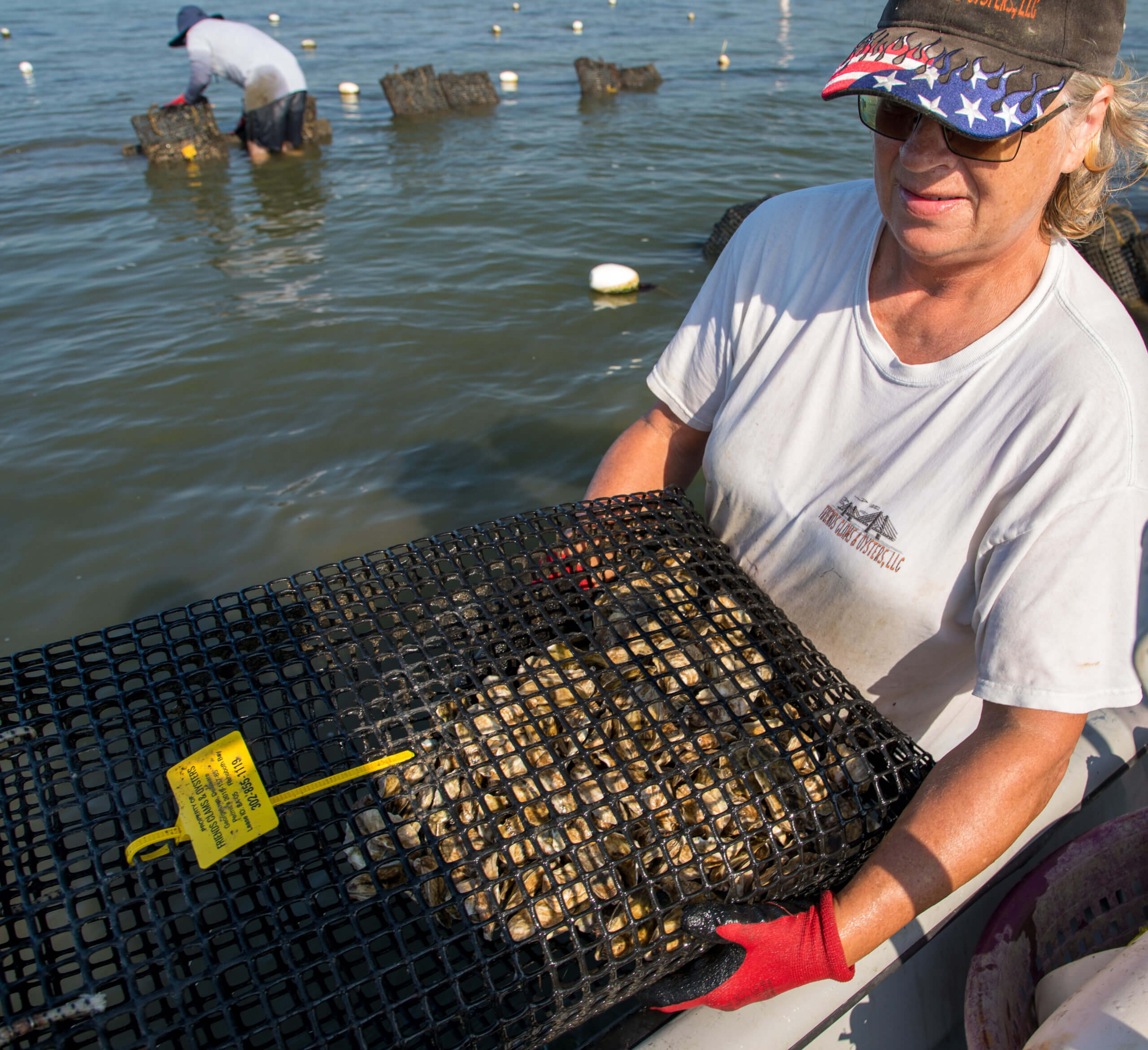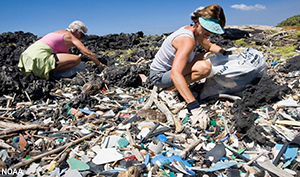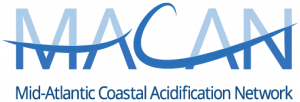SHARED REGIONAL PRIORITIES
Water Quality
The Need for Action
In recent decades, the Mid-Atlantic states have made progress in reducing degradation of marine waters. Yet, despite federal and state legal and regulatory frameworks which seek to improve water quality in the Mid-Atlantic, problems remain. MARCO is working regionally to address both existing and emerging marine water quality concerns.

Marine Debris
NOAA defines marine debris as any persistent solid material that is manufactured or processed and directly or indirectly, intentionally or unintentionally, disposed of or abandoned into the marine environment or the Great Lakes. Marine debris has the potential to impact ecosystems, economies and public health. Addressing the problem requires collaboration across multiple levels of government, with partners in the private sector, and with members of the public. MARCO supports regional coordination on marine debris through several collaborative efforts, one being the Marine Debris Work Group established under the 2016 Mid-Atlantic Ocean Action Plan and co-led by MARCO and the EPA.
![]() Together we are all responsible for the marine debris that flows into the Mid-Atlantic Ocean and together we must all pitch in to stop that flow. Each state, agency, community, organization and individual must help if we are to succeed. The types of litter and sources of marine debris are myriad – consumer and single-use plastics, microfibers and microplastics, derelict and abandoned fishing gear. Reducing and ultimately eliminating this threat is paramount to the health of our environment, our coastal economies, and even our personal health.
Together we are all responsible for the marine debris that flows into the Mid-Atlantic Ocean and together we must all pitch in to stop that flow. Each state, agency, community, organization and individual must help if we are to succeed. The types of litter and sources of marine debris are myriad – consumer and single-use plastics, microfibers and microplastics, derelict and abandoned fishing gear. Reducing and ultimately eliminating this threat is paramount to the health of our environment, our coastal economies, and even our personal health.
On July 20 – 22, 2021, the Mid-Atlantic Marine Debris Summit brought together policy-makers, researchers, businesses and the public to explore current trends in marine debris, new science on marine debris impacts, and new technology, policies and initiatives to prevent and reduce marine debris. Speakers during the summit identified what actions – many simple but powerful – each participant could take back to their state house, boardrooms and homes to stop marine debris before it happens.
Watch the recordings of the 2021 MARCO Mid-Atlantic Marine Debris Summit sessions.
Ocean Acidification
The ocean absorbs approximately 30% of CO2 released into the atmosphere. This CO2 uptake combined with nutrient run-off from land lowers the ocean’s pH, making it more acidic through a process termed ocean acidification. MARCO co-leads the Mid-Atlantic Coastal Acidification Network (MACAN), a network of scientists, industry partners, and resource managers seeking to better understand and address ocean acidification’s impacts on coastal waters through collaborative monitoring, research, and adaptation strategies. MARCO’s work with MACAN also supports MARCO’s Climate Change Adaptation priority.
Work Groups/Collaborative Efforts
MARCO and MACO collaborate with governmental agencies, tribal nations and many other interested stakeholders through a series of specially focused work groups. The areas of focus that are relevant to this priority include:
Additional Resources
- Assessment of Marine Debris in the Mid-Atlantic (December 2016)
- See Resources page for additional information.


